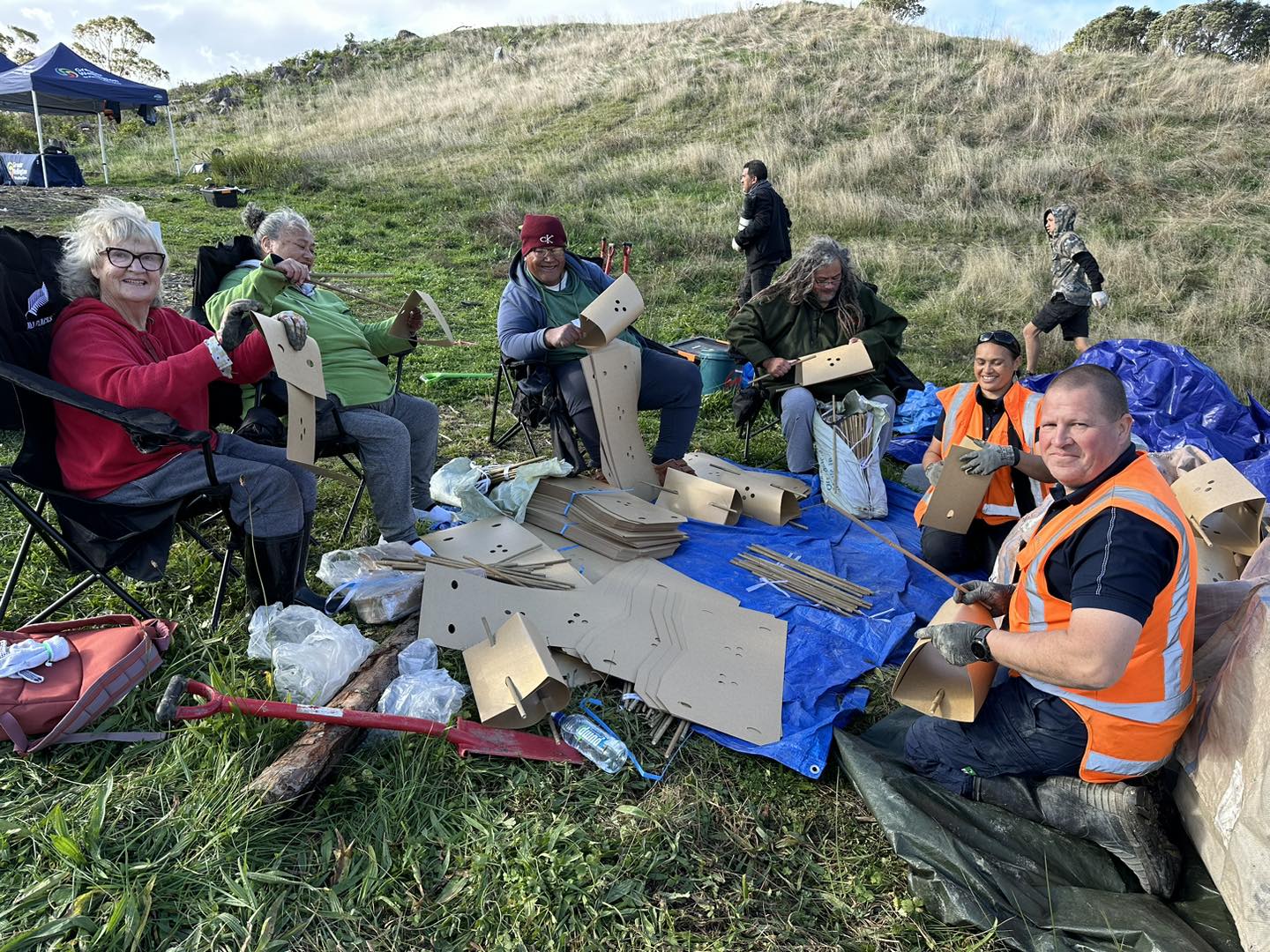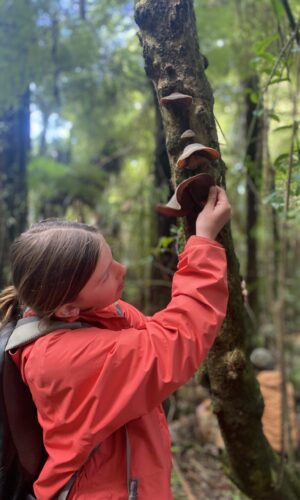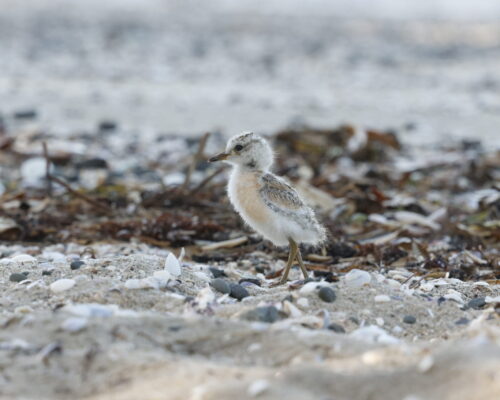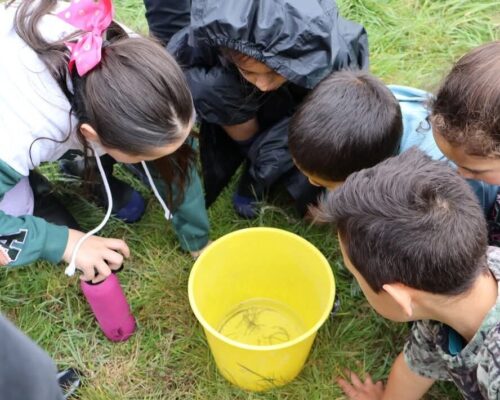WWF-New Zealand Community Conservation Fund
WWF-New Zealand is the Tindall Foundation’s Environmental Local Donations Manager. As part of a global conservation network, WWF partners with us to distribute funds to local environmental education initiatives and community conservation projects across Aotearoa New Zealand. This year, WWF has funded 18 projects through the WWF-New Zealand Community Conservation Fund, which is a key initiative of our partnership. These projects support communities and educational facilities in restoring and protecting New Zealand’s natural environment and native species.
From Northland to the Chatham Islands, the fund is empowering iwi, volunteer groups, and conservation trusts to educate children and young people, restore native forests and urban streams, and protect taonga species such as the little penguin/kororā, kiwi and tuatara.
WWF-New Zealand received applications from a range of outstanding projects, and we are grateful for their time and dedication to help bring them to life.
We look forward to seeing the impact of all the successfully funded projects and have featured a few below:
A Rocha Aotearoa New Zealand – Te Whakaoranga O Karioi (The Karioi Project)
These environmental education programmes are building the community’s interest in conservation and their capacity to participate effectively. These programmes impact a diverse community and encourage entire families to participate in initiatives to create a strong sense of whānau. The education programme is delivered alongside a community-led conservation project and a landscape-scale biodiversity restoration project, providing unique opportunities for participants to connect and engage in local issues guided by local kaiako in a range of high value local ecosystems – whenua/land, wai/water and moana/sea. The ultimate aim of the Karioi education programme is to create a connection with nature, foster a sense of belonging, while growing the next generation of kaitiaki.
Motuihe Trust – Motuihe Trust Projects
Funding supports continued conservation efforts on Motuihe Island. Over 25 years, the Motuihe Trust, in collaboration with the Department of Conservation and mana whenua, has transformed farmland into a thriving native forest habitat. Home to rare species such as little spotted kiwi, tuatara, and Duvaucel’s geckos, the island’s conservation relies on dedicated volunteers. The trust now coordinates multiple projects to manage these ecosystems, with community involvement at its core.
Motukiekie Wilderness Trust Board for West Coast Predator Control Collaboration
West Coast Predator Control
Three conservation groups have joined forces to enhance predator control efforts across 18,650 hectares in the Paparoa Range and Victoria Forest Park. By employing a predator control ranger, the collaboration strengthens efforts to protect native species, including kiwi and long-tailed bats. Funding supports fieldwork, enabling volunteers to focus on capacity-building while increasing conservation impact.
Ngā Hapū o Ōtaki – Mangapouri Stream Restoration Project
Partnering with Te Kura o Hato Petera, Ngā Hapū o Ōtaki, and local stakeholders, this project integrates environmental education with hands-on restoration of the Mangapouri Stream. Students and community members engage in ecosystem monitoring and habitat restoration, contributing to regional freshwater initiatives. Funding supports the development of an education programme that will be embedded in the school curriculum and expanded to other local kura.
Wesley Community Action – Ngahere Korowai

Ngahere Korowai seeks to restore 122 hectares within Belmont Regional Park into a living resource that reconnects communities with their traditional knowledge and relationship with Taiao. Over time, it has grown into a collective impact project, bringing together local people, organisations, and groups to realise this vision. Since its inception, the project has contributed to planting over 17,000 native plants—laying the foundation for an ecosystem that will support the return of native species such as birds, insects, plants, and tuna/eels
This restoration effort will not only enhance biodiversity, improve local waterways, and support carbon capture but also ensure that Porirua’s people remain at the heart of the project. Through active participation, the community is leading the reconnection with the ngahere and wai as physical, cultural, and spiritual resources. Funding is supporting staffing and wānanga to further these efforts.



